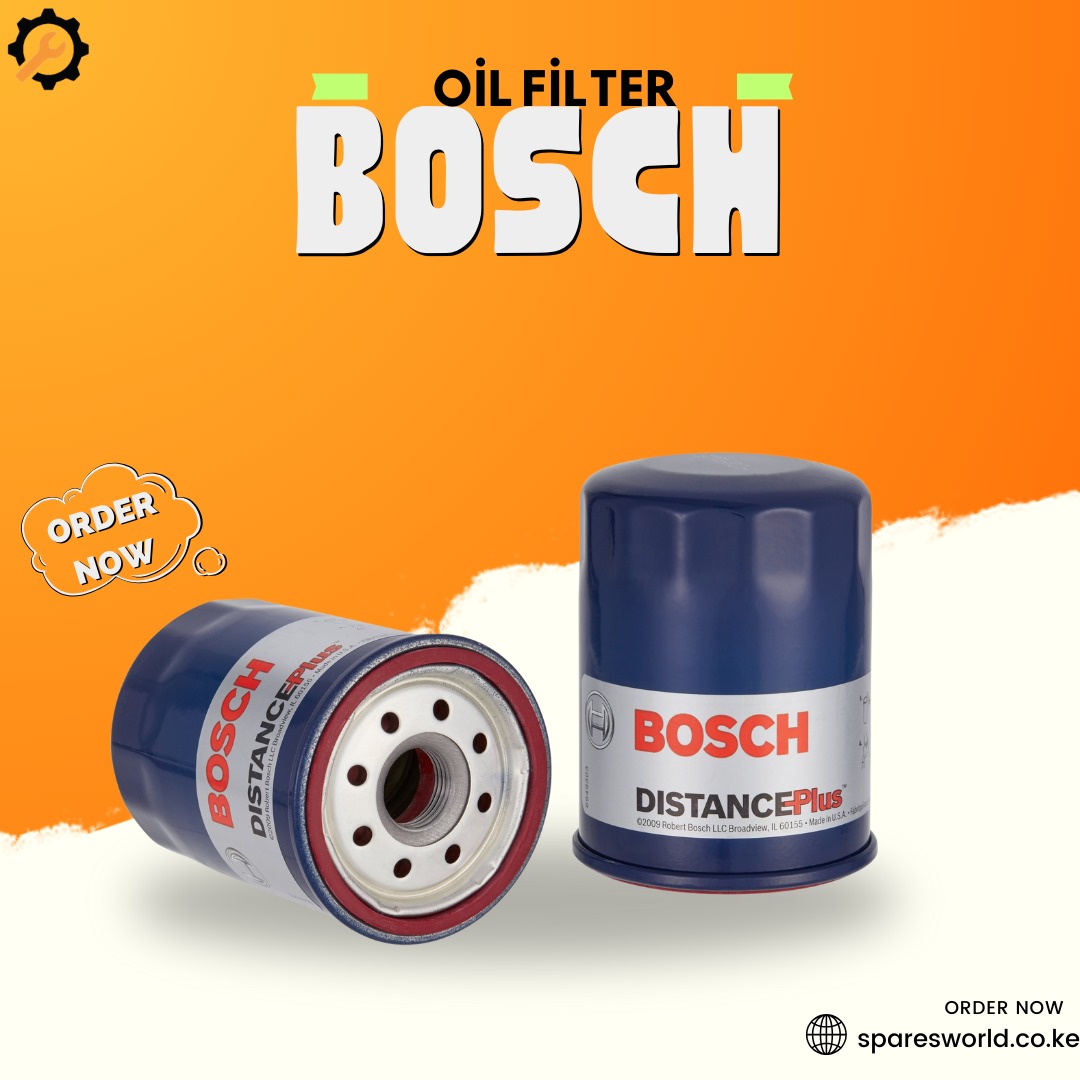Efficiency Rating: The Measure of a Good Oil Filter

Discover how the efficiency rating can determine the performance and longevity of your vehicle's oil filter.
Understanding Oil Filter Efficiency Ratings
Oil filter efficiency ratings are a crucial metric that determines how well an oil filter can remove contaminants from engine oil. Essentially, these ratings indicate the percentage of particles at a certain size that the filter can capture. A higher efficiency rating means that the filter is more effective at trapping small particles, ensuring cleaner oil circulates through the engine.
Understanding these ratings involves recognizing terms such as 'micron rating,' which measures the size of particles the filter can capture, and 'beta ratio,' a method used to quantify a filter's efficiency at removing particles of a specific size. It's not just about the highest number; efficiency must be balanced with the filter's capacity and flow rate to maintain optimal engine performance.
Key Factors that Influence Oil Filter Performance
Several key factors affect the performance of an oil filter, with efficiency rating being just one aspect. The quality of the filter media, the construction of the filter housing, and the design of the filter element all play significant roles in its overall efficiency. Additionally, the filter's ability to maintain performance over time and under various temperature and pressure conditions is essential. A good oil filter needs to resist degradation from engine heat and pressure fluctuations without compromising its filtering capabilities.
Another critical factor is the compatibility of the oil filter with the specific type of oil and the engine's design. Different engines produce varying levels of contaminants, and the oil filter must be able to handle these without clogging prematurely or restricting oil flow.
Comparing Oil Filters: What Does the Efficiency Rating Tell Us?
When comparing oil filters, the efficiency rating is a valuable benchmark that helps us differentiate between the myriad of options. A filter with a 99% efficiency rating at 20 microns, for example, will remove 99% of contaminants at that particle size. This level of detail helps consumers choose a filter that aligns with their vehicle's requirements and driving conditions.
However, efficiency ratings should be viewed alongside other performance specifications such as flow rate and dirt-holding capacity. Only by considering all these factors together can one make an informed decision on the best oil filter for their car. After all, a filter that's highly efficient but has an inadequate flow rate could starve the engine of oil, leading to potential damage.
The Impact of High-Efficiency Oil Filters on Engine Health
The benefits of high-efficiency oil filters are far-reaching when it comes to engine health. By capturing more contaminants and smaller particles, these filters keep the engine oil cleaner for a longer duration. This reduces wear on engine components, prevents the buildup of sludge, and can ultimately extend the life of the engine.
Furthermore, cleaner oil means better lubrication and reduced friction between moving parts, contributing to a smoother-running engine and potentially improved fuel efficiency. It's clear that investing in a high-efficiency oil filter can have a significant payoff in terms of engine performance and longevity.
Choosing the Right Oil Filter for Your Vehicle
Selecting the right oil filter for your vehicle is not a one-size-fits-all decision. It's crucial to consult your vehicle's owner manual and adhere to manufacturer recommendations regarding filter specifications. Keep in mind the driving conditions you commonly face, as harsh environments or heavy-duty use may necessitate a more robust filter with a higher efficiency rating.
Don't forget to consider the filter brand's reputation and the presence of any additional features, such as anti-drain back valves or pressure relief valves, which can provide extra protection for your engine. Ultimately, the right oil filter will balance efficiency, capacity, and reliability to keep your engine running optimally.

 Loading..
Loading..